EDITORIAL
Published on 18 Apr 2024
Editorial: Neutrophil extracellular traps: mechanistic and functional insight
doi 10.3389/fimmu.2024.1407232
- 1,144 views
10k
Total downloads
30k
Total views and downloads
You will be redirected to our submission process.
EDITORIAL
Published on 18 Apr 2024
ORIGINAL RESEARCH
Published on 05 Dec 2023
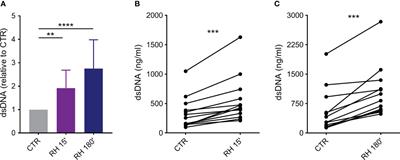
ORIGINAL RESEARCH
Published on 22 Nov 2023
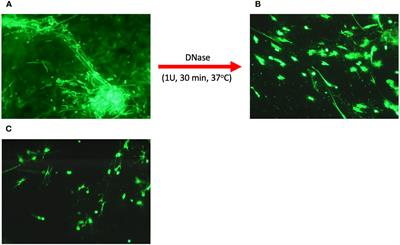
ORIGINAL RESEARCH
Published on 09 Oct 2023
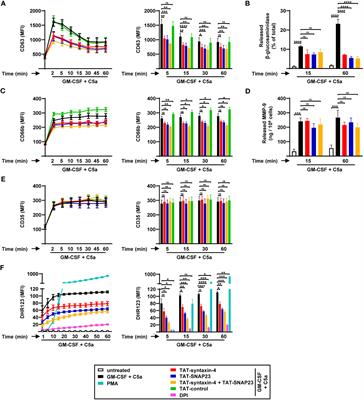
MINI REVIEW
Published on 14 Sep 2023
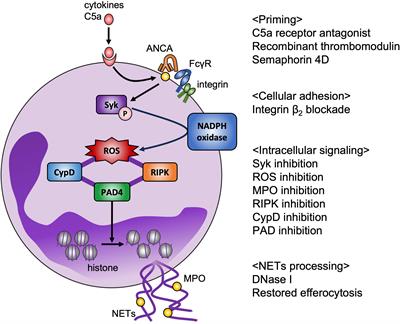
BRIEF RESEARCH REPORT
Published on 07 Jun 2023

ORIGINAL RESEARCH
Published on 14 Apr 2023
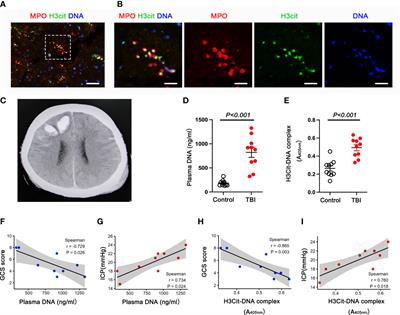
ORIGINAL RESEARCH
Published on 17 Jan 2023

